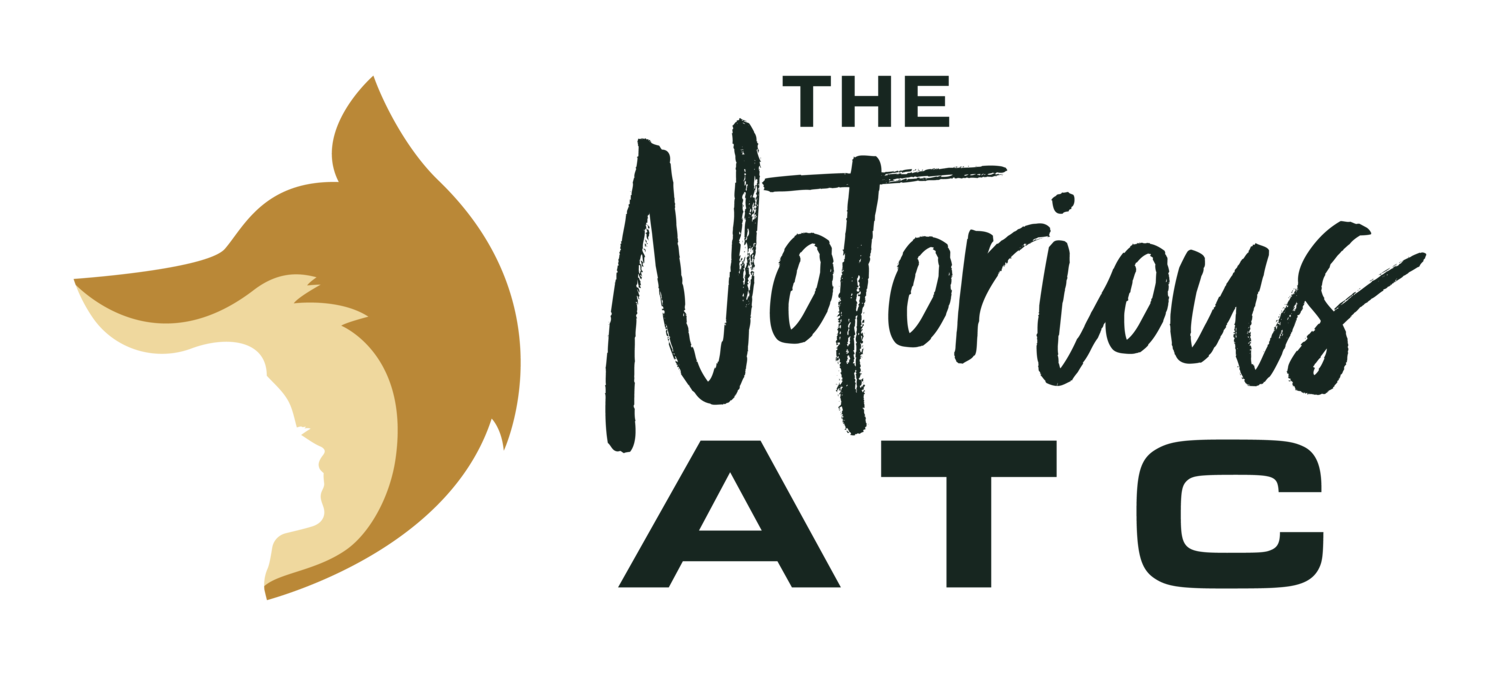when injury becomes identity
Reducing the Impact of Injury on Athlete Identity to Facilitate Successful Return to SporT
NFL wide receiver Julian Edelman once stated, “Injuries are psychologically so hard for an athlete because you don't get to do what you love to do." The research has shown time and time again that this is true, and that the biopsychosocial model of rehab, well within scope of practice for Athletic Trainers, provides the most complete rehab outcomes. Yet the traditional approach to injury rehab outside of elite sport often addresses only the physical aspect of the injury, in a stepwise process that leaves many people who “graduated” from rehab feeling incapable of returning to their former level of activity, fearful of re-injury, and living with some level of chronic pain.
This workshop acknowledges the grief and loss of identity that athletes and patients feel when they sustain a physical injury, and can no longer participate in the activities that make them feel strong, capable, and safe in their bodies. We will address the fear and hesitancy that accompanies the re-entry process into physical/athletic activity, and which can be a factor in retirement from sport or reinjury. We’ll also explore the tools that are used so often in sports performance, but too little in sports rehab, that can be utilized within a biopsychosocial treatment model to provide the best rehab outcomes.
learning objectives:
At the conclusion of this course, ATs will:
Recognize the ways in which Athletic Trainers are uniquely suited to provide a biopsychosocial model of care.
Identify the perceived barriers to implementing a biopsychosocial model of treatment and rehab across various practice settings
Examine potential solutions and implementation strategies to overcome these perceived barriers.
what about CEUs?
This presentation has been approved for the 2026 Eastern Athletic Trainers’ Association Annual Conference, was designed in alignment with BOC CE standards, and meets the requirements for submission as a Category D activity if your organization is not a BOC-approved CE provider.
why i created this:
The research has shown that a stronger athlete identity is associated with worse mental health post-injury. Loss of the athlete identity, coupled with loss of exercise as a primary coping mechanism and loss of the community that sport provides, can be contributing factors to uncertainty and fear around return to activity. Evidence points to a biopsychosocial rehab model as being appropriate to address all of these factors, alongside physical rehabilitation goals. Athletic Trainers are uniquely positioned to address all of these concerns, and can utilize proven sports performance strategies alongside traditional rehab methods to help facilitate successful return to activity, even outside of the sports setting.
Email me at erica@thenotoriousatc.com to book this workshop for your next staff training day!

